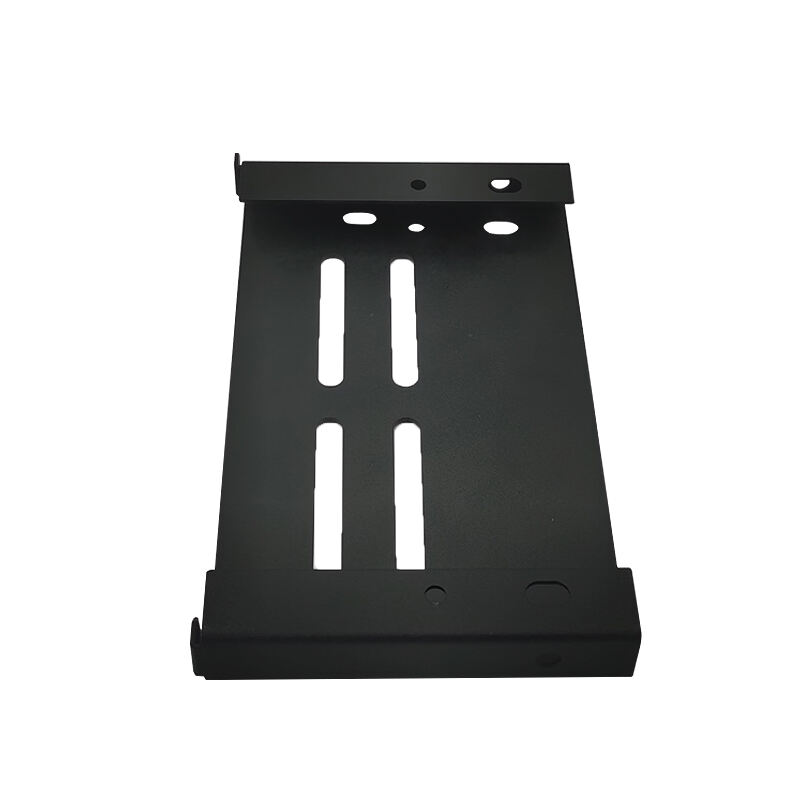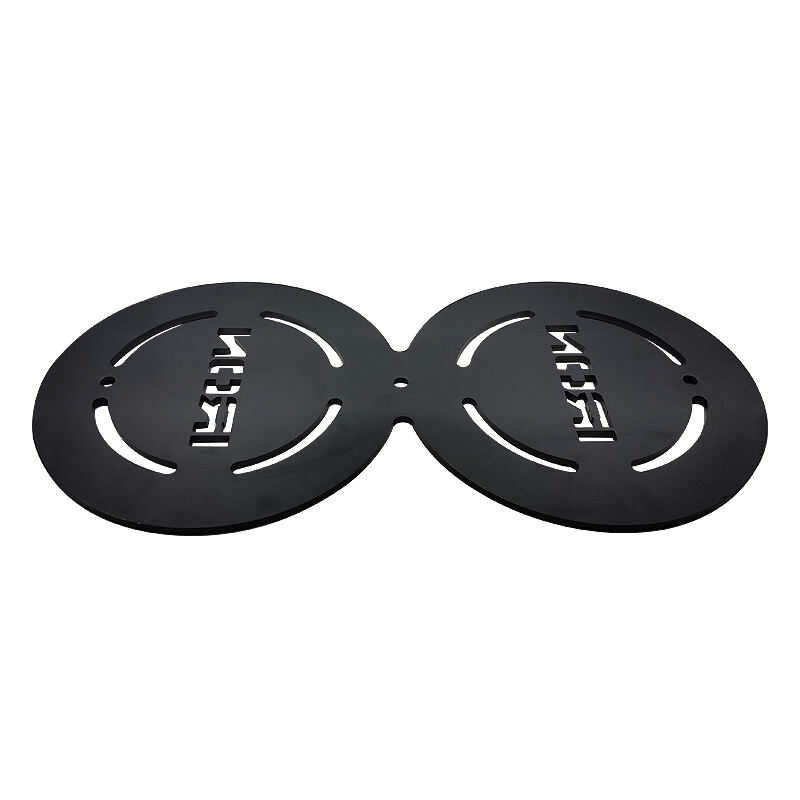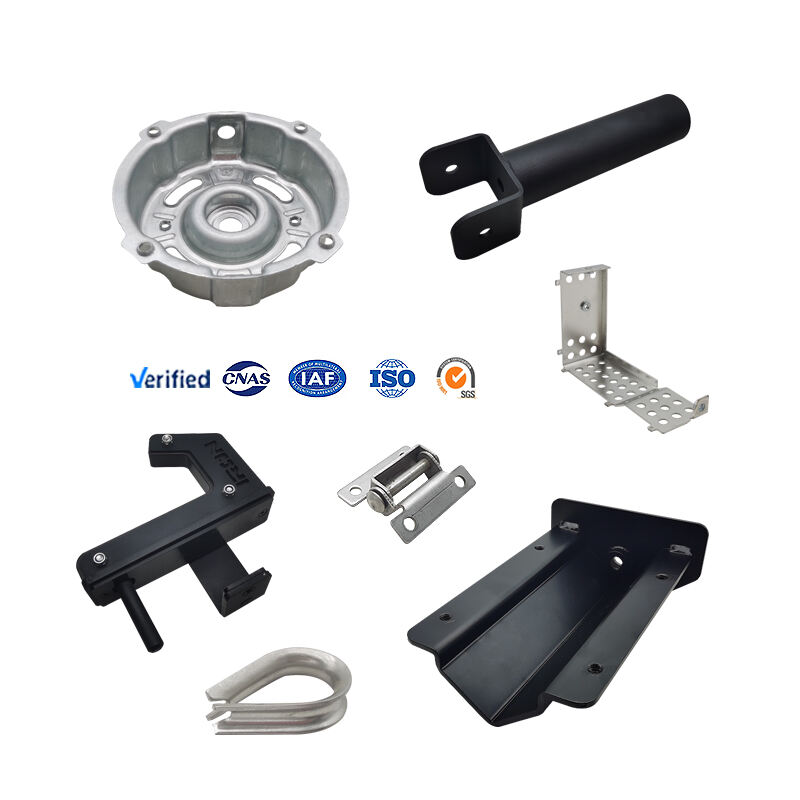metal stamping parts supplier
A metal stamping parts supplier serves as a crucial partner in modern manufacturing, offering comprehensive solutions for producing precision metal components through advanced stamping processes. These suppliers utilize state-of-the-art equipment and technologies to transform flat sheet metal into complex, three-dimensional parts through cutting, forming, and shaping operations. They maintain extensive capabilities in progressive die stamping, deep drawing, and precision blanking, enabling them to serve diverse industries including automotive, aerospace, electronics, and consumer goods. The supplier's expertise encompasses material selection, tool design, prototyping, and high-volume production, ensuring consistent quality across all manufacturing runs. Their facilities typically feature automated production lines equipped with advanced CNC machinery, quality control systems, and precision measurement tools. Modern metal stamping suppliers also integrate digital technologies for process optimization, inventory management, and quality assurance, offering real-time production monitoring and detailed documentation. They maintain strict adherence to international quality standards and industry-specific certifications, providing customers with reliable, cost-effective manufacturing solutions for their metal component needs.


